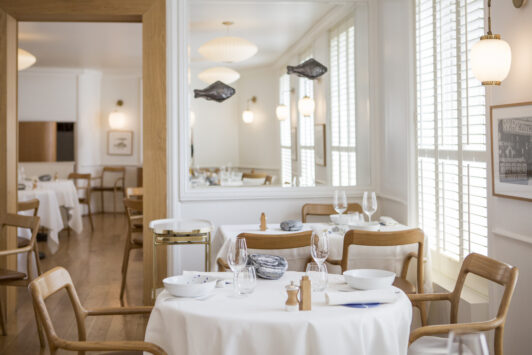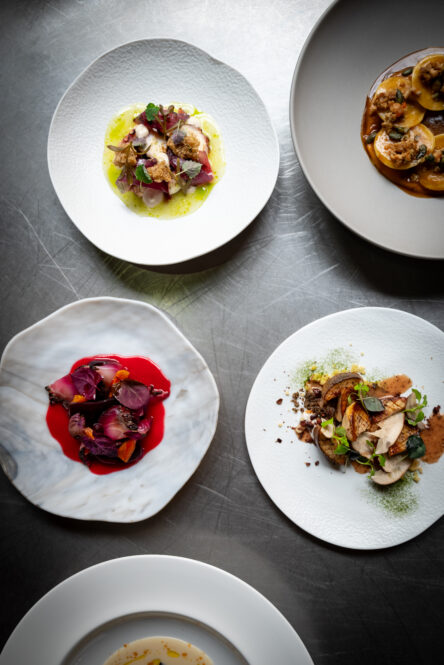Beyond the taste quality of a restaurant, its longevity depends on how well its offering aligns with the demands of the target market. A thorough analysis of the environment prior to the creation of the restaurant and the launch of its activities will allow you to build your project on solid foundations.
What is a market study and a business plan for a restaurant ?
A thorough market study should be conducted before establishing a restaurant and will serve as the foundation for developing a business plan tailored to the market of the future business. It is essential to analyze both existing and potential competition through a benchmark to identify the establishment’s potential clientele.
The most commonly used model for conducting a market analysis is the SWOT analysis—Strengths (internal positive factors), Weaknesses (internal negative factors), Opportunities (external positive factors), and Threats (external negative factors). This tool helps make informed decisions for your project by prioritizing the investment of time and money in key areas. External factors can be further detailed using the PESTEL model (Political, Economic, Social, Technological, Environmental, and Legal). A PESTEL analysis allows you to establish a diagnosis, identify weak external signals, and adapt your strategy accordingly.
Following the environmental analysis, the restaurant should complete its business plan with a marketing mix. The most commonly used marketing mix tool is Kotler’s 4 Ps:
- People: Communication strategy
- Place: Distribution strategy
- Product: Product strategy
- Price: Pricing strategy
To delve deeper into restaurant design and establish a unique brand identity, Kapferer’s six-faceted brand identity prism can be very useful. This model helps formalize all internal and external facets of the brand, including:
- Personality: The people who represent the brand, its values, and its history
- Physique: What is visible and tangible, such as design, location, products, and communication materials
- Culture: The values shared by employees and customers
- Relationship: The emotions and connections that customers build with the brand
- Reflection: The image that customers want to project to others through their attachment to the brand
- Self-image: The perception customers have of themselves as consumers of the brand and the internal emotions they experience
Since the restaurant industry operates in a market where profit margins rely on a delicate balance, the financial analysis of your project will be a crucial part of your business plan. The financial structure, the budget required, and the projected revenue are all critical aspects to evaluate during the creation of your business to determine its feasibility and long-term viability.

Our best pratices
The support we offer you
Have a project in mind?
Contact us for advice and we’ll get back to you as soon as possible!
Other content


